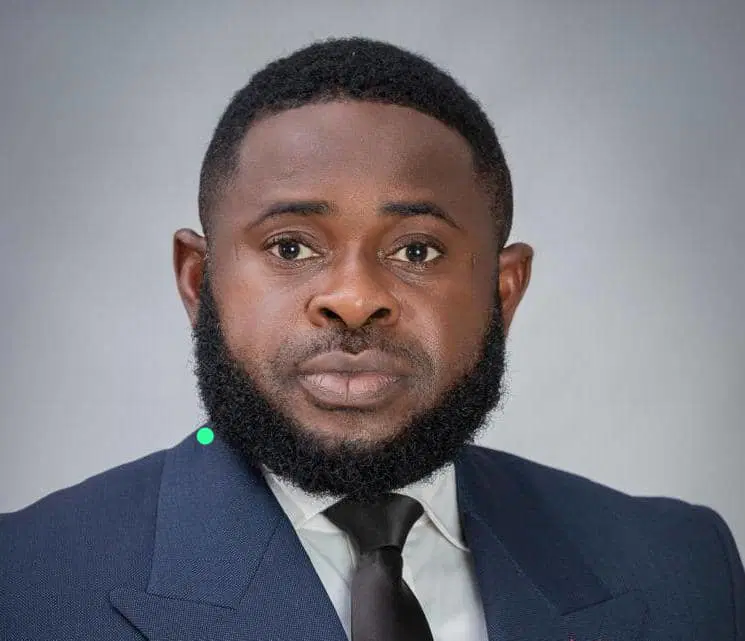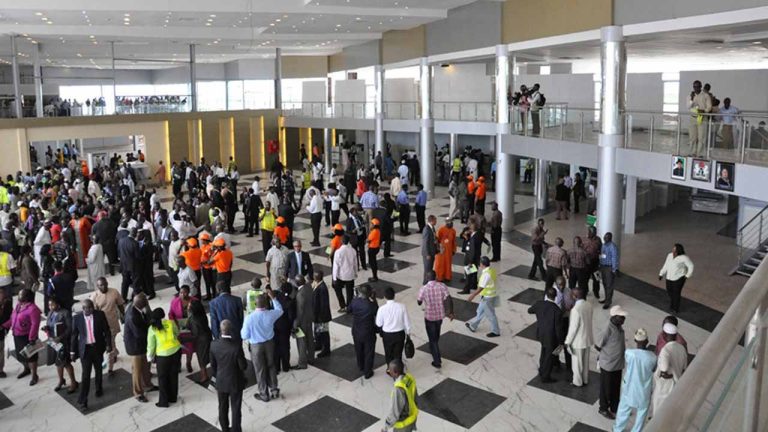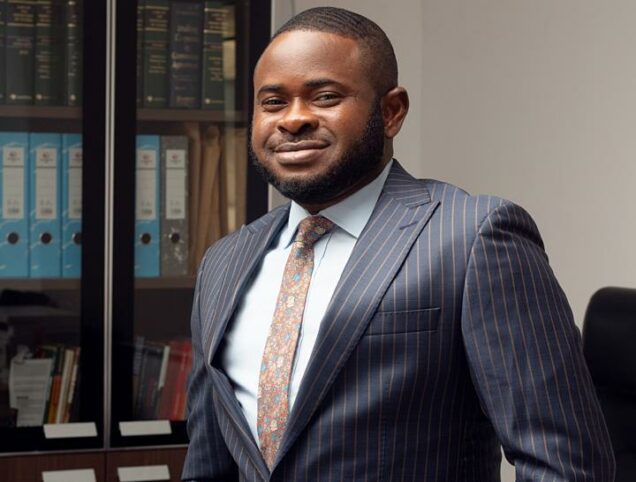In the rapidly evolving intersection between technology and creativity, one fundamental misunderstanding is becoming dangerously widespread: the belief that a person can claim legal copyright ownership over content—be it music, movies, articles, or any other expressive work—generated through artificial intelligence. This notion not only misrepresents the intent and scope of copyright law but also opens the floodgates to legal liability, particularly for copyright infringement and misappropriation. The question is deceptively simple: can one claim copyright over a body of work generated using artificial intelligence? As a patent and copyright law expert, the unequivocal legal and philosophical answer is no. This article therefore undertakes a detailed examination of the subject, grounded in statutory interpretation, international legal developments, and a proper understanding of how AI functions.
At the heart of copyright law lies a central tenet: originality. The legal doctrine is not concerned with mere novelty or surface-level uniqueness; rather, it seeks to protect expressions that are the product of human intellect and effort. It is this personal investment of creative labour that qualifies a work for copyright protection. Under Section 2 of the Nigerian Copyright Act, 2022, only works that satisfy specific conditions are eligible for copyright. These include literary works, musical compositions, artistic works, audiovisual works, sound recordings, and broadcasts. However, Section 2(2) makes it explicitly clear that two essential requirements must be fulfilled: original character—where some effort must have been exerted in making the work to give it original quality—and fixation, meaning the work must be reduced into a tangible or perceptible medium from which it can be reproduced or communicated. In the absence of these twin criteria, a musical or artistic work, regardless of its aesthetic appeal, cannot be deemed copyrightable under Nigerian law.
Artificial intelligence, particularly generative AI, operates by ingesting vast amounts of existing data—ranging from text, music, images, video, and code—which are scraped from the internet and other digital repositories. It identifies linguistic, auditory, or visual patterns, then recombines them into content that appears novel. But appearance is not substance in law. The machine does not create; rather it derives. It does not originate; it synthesizes. The implications are significant, because the output of AI models is fundamentally non-original, being algorithmically assembled from pre-existing human work. Hence, such content fails to meet the originality standard of copyright law. Moreover, because these models depend on training data that often includes copyrighted materials, without obtaining licenses or permissions, AI-generated content is therefore not just unoriginal, but potentially infringing. Thus, any person claiming authorship over such works is not just misunderstanding the law; they are possibly implicating themselves in intellectual property theft—an act that is punishable before the law.
There is a legal wall of separation between copyrighted works and what we now call “artificial works.” Copyrighted works are authored by humans, bear the imprint of original thought, reflect creative choices in expression, form, and structure, and can be clearly attributed to a person or group with identifiable intent. Artificial works, by contrast, are generated via algorithms based on patterns in pre-existing data, lack personal creative input, cannot be said to originate from any identifiable human author, and are inherently derivative—frequently simulating the work of real artists. This dichotomy is not just theoretical; it is embedded in legal systems globally, including Nigeria, the United States, and the European Union.
In a landmark case that underscores the danger of conflating AI output with original work, a North Carolina man, Michael Smith, was indicted in September 2024 by U.S. federal prosecutors. According to the prosecution, Smith allegedly used artificial intelligence to generate “hundreds of thousands” of songs, which he then streamed via automated bots to fraudulently collect over $10 million in royalties since 2017. This is according to the indictment unsealed by Damian Williams, a U.S. Attorney for the Southern District of New York, and the FBI—marking the first ever criminal case for AI-assisted streaming fraud. More critically, Smith’s real offence, according to the prosecution, wasn’t simply streaming artificial music; it was copyright fraud and infringement. Prosecutors argued that the AI-generated songs unlawfully utilised material derived from copyrighted content of existing artists, thus constituting theft under intellectual property law. This case sets a precedent that is likely to reverberate globally. It sends a clear message that using AI to generate content that mimics or remixes copyrighted work is not innovation; it is infringement.
Nigeria is not immune to the allure of AI. From an AI-generated Afrobeats album released in 2023, to synthetic voiceovers in Nollywood scripts, to recent AI-generated movies, creators are increasingly inviting machines into the creative process. However, more disturbing is the fact that Nigeria currently lacks a detailed legal framework on AI-generated works, creating a dangerous grey zone. But this legal lacuna does not render creators immune. As explained earlier, Nigeria’s Copyright Act 2022 is more than sufficient to prosecute individuals who lay copyright claims to AI-generated works. If it can be shown that such works were copied from existing copyrighted materials, liability attaches immediately—even if the copying was done by an AI tool. Thus, artists, producers, and studios experimenting with AI must understand that the lack of express AI regulation is not a license to infringe. You may not be the original infringer, but by adopting and publishing the work as your own, you assume responsibility for any infringement therein.
Many erroneously believe that securing copyright registration grants ownership. However, copyright does not arise from registration; it arises from human original creation. To this end, registration is merely evidentiary, used to assert and protect rights already earned. Consequently, registering an AI-generated song with a collecting society or copyright body does not legalise the ownership. It only creates a false veneer of legitimacy, which can easily collapse under legal scrutiny. As such, even if an AI-assisted song is “registered” and earns revenue through streaming platforms or publishers, the artist remains vulnerable to lawsuits or criminal charges once original creators can identify traces of their work in the AI output.
The conversation about AI and intellectual property must not be driven by novelty or convenience, but by the legal and moral foundations of creativity. Copyright exists to encourage the labour of the mind and the spirit. It cannot be claimed over soulless patterns, no matter how harmonious they may sound. Artists, content creators, and developers must therefore tread carefully. Embracing AI is not inherently wrong, but claiming authorship or ownership over what is essentially a machine-generated remix of human labour is not only a misreading of copyright law—it is an invitation to litigation, financial loss, and public scandal. In the end, the law is clear: you cannot own what you did not originally create.
NB: This article is for educational and information purposes only and does not constitute legal advice. For individual cases, consult a licensed intellectual property attorney.




